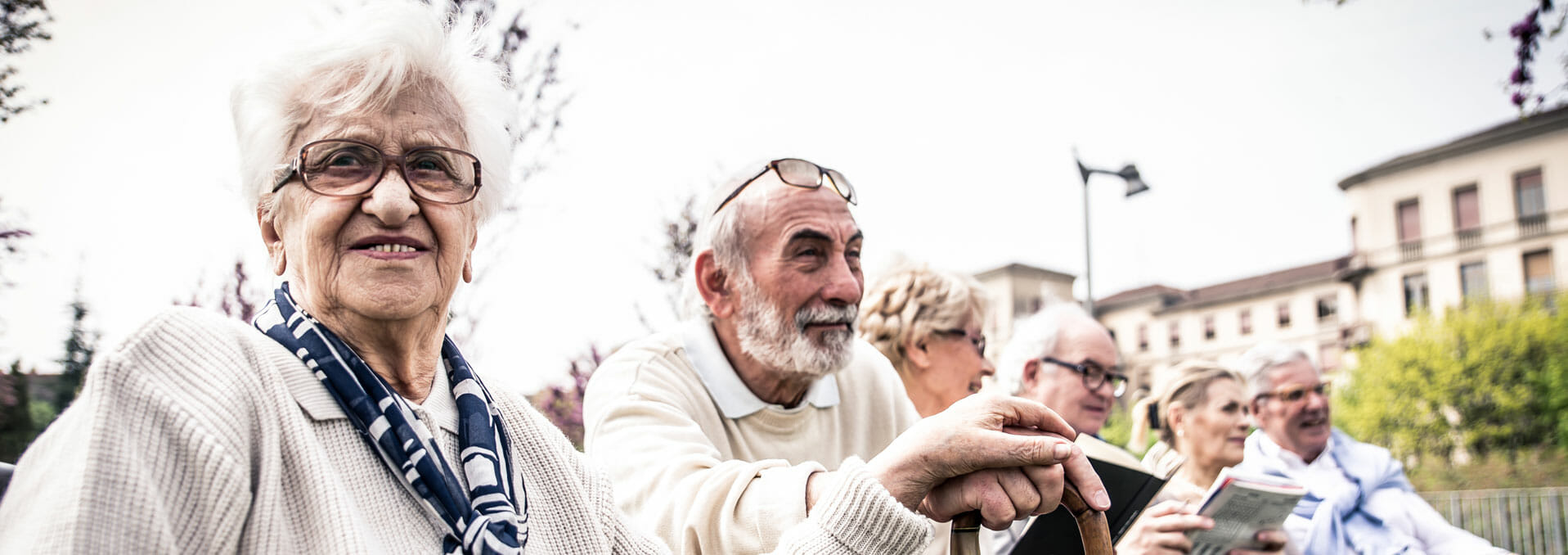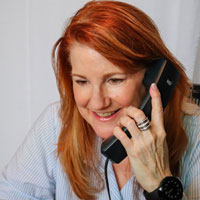
May 14, 2018
The Importance of Asking For Help
Recently, a national news program https://goo.gl/fGLSG4 showed the decade long journey of a woman with Alzheimer’s whose husband took care of her, on his own, for many years. If you are reading this now, you probably have an idea the devastating toll Alzheimer’s and other dementias can have on your loved ones as they journey through these terrible diseases. Today, it’s the second journey I’d like to touch on, the one many of us don’t often speak of, yet live it seven days a week, 24 hours a day, as we provide the all-encompassing support system for our loved ones with Alzheimer’s and dementia: the caregiver’s journey.
It is evident in this news program, and in the many other real-life stories I have heard first-and second-hand over the last few years that, in the beginning, many of us believe we can take on the caregiver’s journey alone. In the beginning, the journey is often still an unknown (unless you have been a caregiver before), and this person requiring care is my wife/husband/partner/mother/father/sister/brother – the person who has taken care of me in so many ways for the last X number of years, I can certainly take care of them now! There are so many reasons we do what we do – out of love, it’s what we signed up for, they’re family, they would do it for me. As in the program, my early belief was that, “I can do this”, and in the beginning of the journey, I certainly did not understand how it would impact myself and my family — and I am one of the fortunate ones, I have family who can help assist, and it still wasn’t, and isn’t, enough.
In the news program, we see the caregiving husband, a New York City cop who has seen it all, as he takes care of his wife, by himself. In trying to do it all – maintain a full-time job, managing a home, finances and taking care of two people – the stress had already taken a considerable toll on his physical and emotional health before he finally got help for his wife in the home. This is not uncommon.
The most important message I got out of this poignant yet heartbreaking journey for the couple:
Don’t take this journey alone. You are not alone, you have many in your circle, and in your community, who would like to help you. Ask them for help early, you will need it.
Over the last few years, in my journey to create affordable technology to assist caregivers, I have realized that elders with chronic conditions are so prevalent that almost everyone I speak with is a caregiver, has been a caregiver, knows a caregiver, or will become a caregiver. Within my circles of family, friends, colleagues and all the great people I have met who have been or are on their own caregiving journeys, the advice is consistent:
Ask for help. There are many free or low-cost options in most if not all cities and towns. A phone call or email to your local Alzheimer’s Association chapter – there are 80 chapters nationwide – can be the start to the help lifeline you need www.alz.org, and the National Institute on Aging is also an excellent source of helpful information for caregivers https://www.nia.nih.gov/health/caregiving
Have important discussions early in the journey. Have them in small conversations so it isn’t overwhelming. Get all important paperwork in place so that you can focus on you and your loved one before the disease progresses.
Contact your insurance company. Find out what is covered on your plan related to Alzheimer’s and other dementias. Home health care and other helpful assistive technologies could be covered on your plan.
Some other helpful resources we have discovered on this journey:
Respite Groups – As we found, in our own community, there are many churches, advocacy groups, other fantastic organizations that offer respite groups, often at no cost or a small contribution. They will watch over your loved ones to give you a much needed break to run some errands, see a friend for lunch, see your doctor, or just sit in a park. Just a little alone time for you reaps so many benefits for you in energy and mental outlook.
Caregiver Support Groups – Connect with other caregivers in your community for support. Nearly every chronic condition has an advocacy group and caregiver support groups.
Community Based Organizations – In Austin, we have great local support through agencies that act as a funnel to all of the resources available in the area.
Food pantries and free meal delivery – As many of us know, taking care of someone with Alzheimer’s or other dementias can be very expensive. Most, if not all, cities and towns have dozens of food pantries that are free, no questions asked, or will take what you can afford to pay. Meals on Wheels and More is a nationwide program. Hint: in addition to providing meals, if you are a family caregiver with a full-time job, it can also be someone checking in on your loved one during the day while you are away.
Please take care of you. Many of us either currently are, or have been caregivers, and understand. You are not alone.

